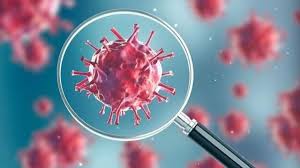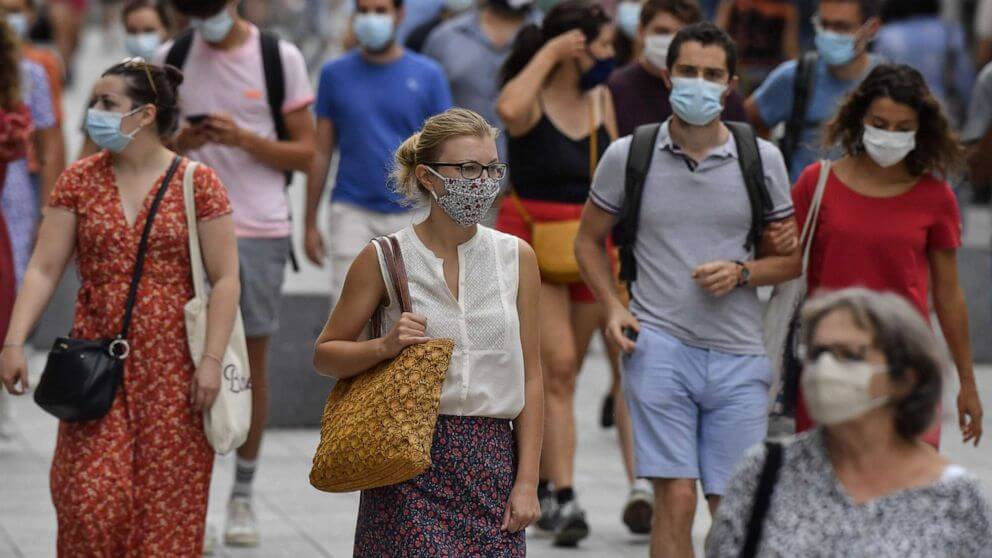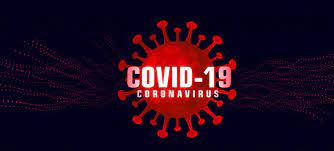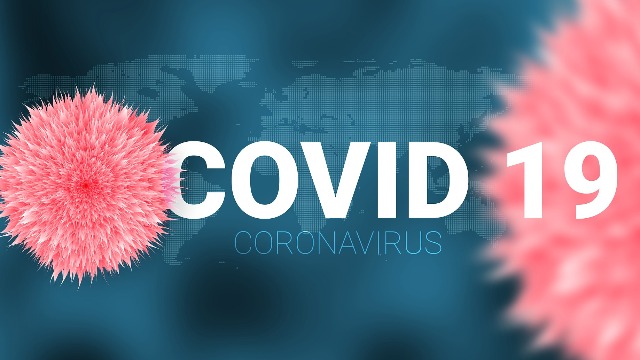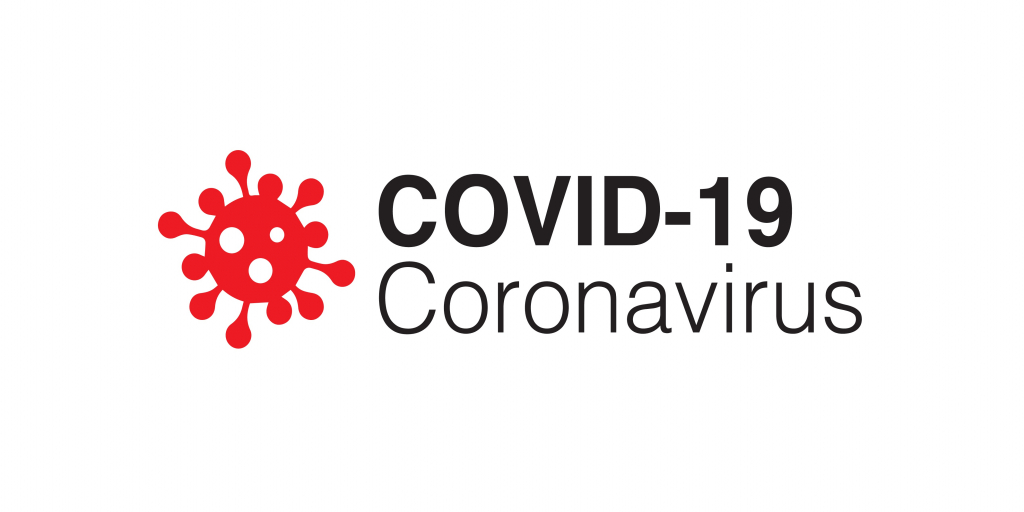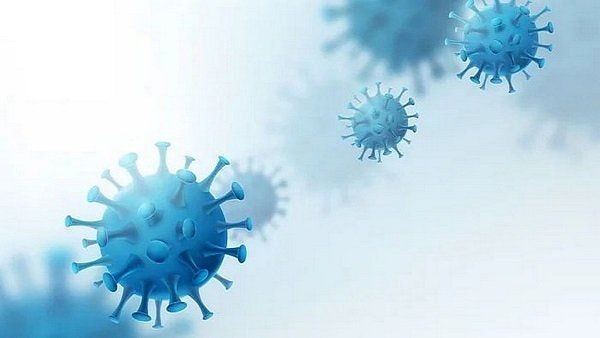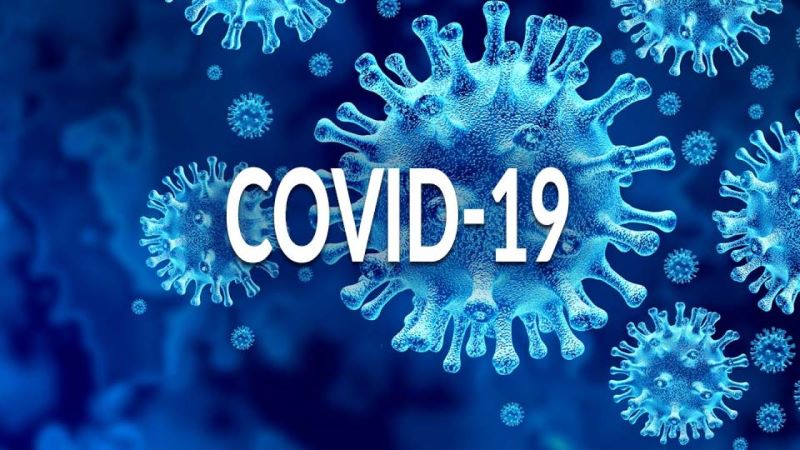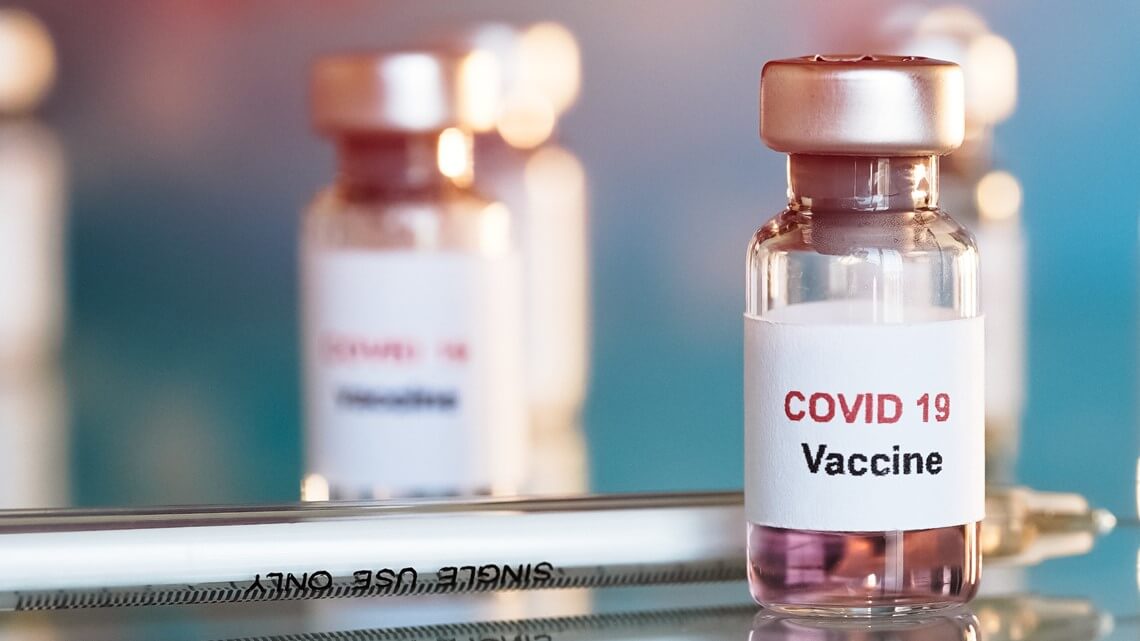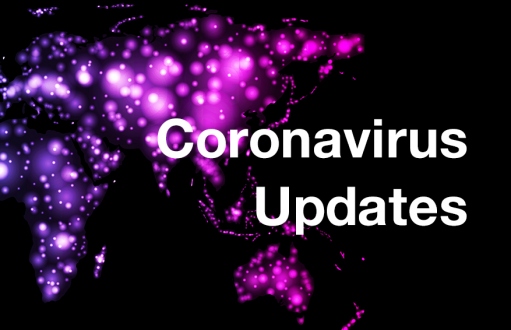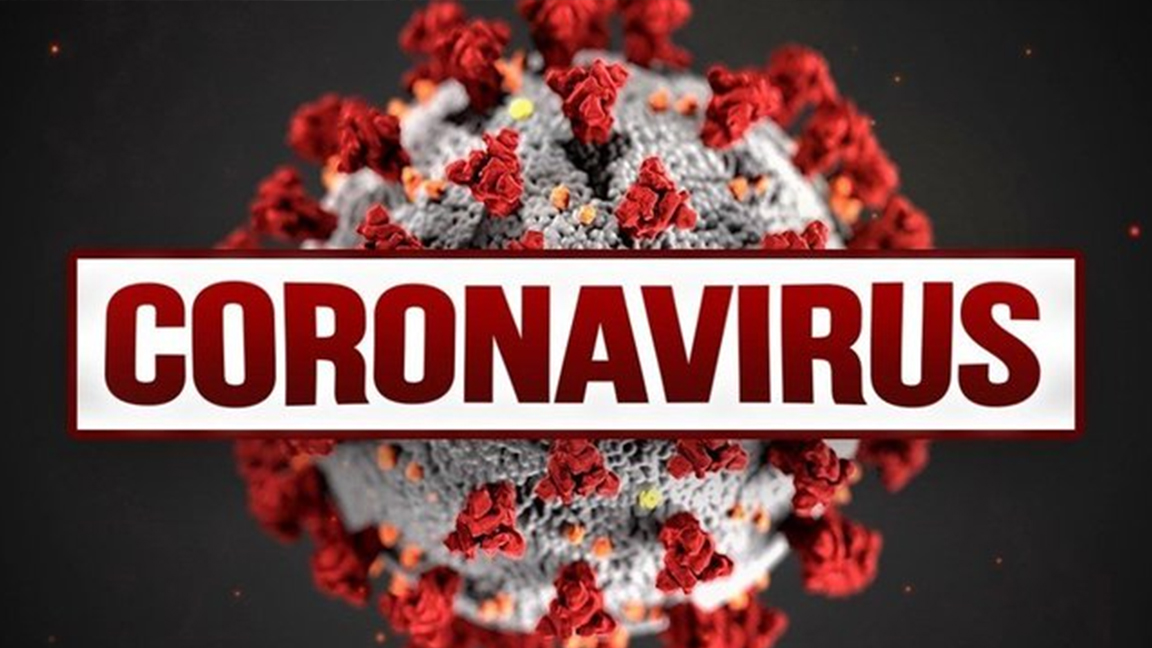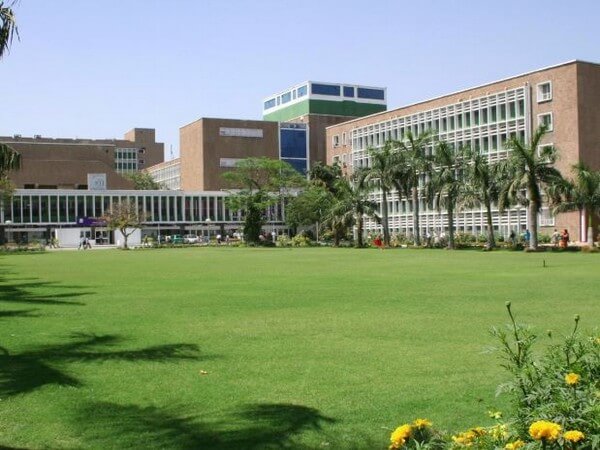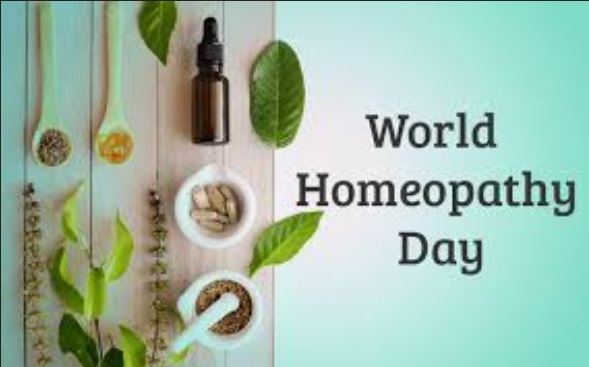Omicron will be in major cities but with mild symptoms: Former CSIR institute Chief
Sun 05 Dec 2021, 10:12:53
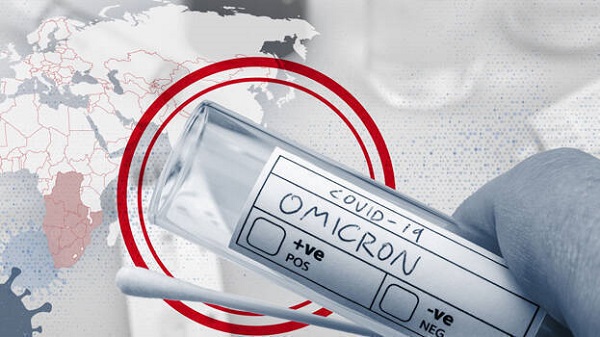
The COVID-19 vaccines administered in India will be effective in the country's fight against the new variant of the virus Omicron and will provide a shield to vaccinated citizens of the country, according to a health expert.
Exclusively speaking to media, Director of Tata Institute for Genetics and Society and former Chief of Council of Scientific and Industrial Research-Centre For Cellular And Molecular Biology, Dr Rakesh Mishra talking about the effectiveness of Hybrid immunity said, "The results indicate that the hybrid immunity will be effective against the new variant. Scientific validation of these things is happening. People are conducting experiments for making pseudovirus and those things in the labs and testing. So I think it will take about 10 days, two weeks. But my feeling is that it should be protective, maybe a little bit less, but the vaccine will certainly be helpful to a great degree."
Three types of immunity against the virus are natural immunity coming from infection, vaccine immunity coming from vaccines and hybrid immunity, in which a person who has previously been infected also gets vaccinated.
Dr Mishra further explained the effect of Hybrid immunity on the vaccinated population and said that it is likely to give protection to people along with the Indian vaccines administered.
"I believe it will happen if people have natural infections plus vaccination. At least in major cities, maybe larger number of people have had the infection knowingly or without the knowledge because of being asymptomatic. A significant number will have hybrid immunity. Although the study about hybrid immunity is about vaccine mRNA vaccine, but there's no reason to think that the vaccine that we had Covishield and Covaxin will not have the same advantage of hybrid immunity on infected people," he said.
Asked about the reporting of Omicron cases in India as a "wake-up" call for the country, Dr Mishra said that it is call that the pandemic is not over and there is a need to take all the precautions, despite the country standing in a strong position against the virus with good number of vaccinations after the second wave that hit India in April 2021.
"It's a wake-up call to be aware that pandemic is not over yet. And that we are in a strong position with such a high sero positivity and vaccination in place, and our healthcare system much more enabled than it was during the first wave or second wave, so, we are in very strong position, but, but we should not squander our advantage by being careless and get into trouble," he said.
"This is the people's responsibility and people should cooperate with government and get vaccinated and government should keep surveying basically to figure out the spread and if there are new variants emerging or if same variant is in some places, it will be more infectious. So therefore, you can put some control, but there is no way that you can stop a variant from spreading from one country to the other. It has already spread," he added.
Talking about the traceable symptom of Omicron, the expert said that most of the people may be asymptomatic or have less severe symptoms and therefore mistake Omicron as a normal common cold.
"We have detected two and a few more and all that in the past few days, but how many are we sequencing? If we sequence 100 per cent, then you can be sure that how many people have this or not. Since we cannot sequence all, we can't even list all many people believe asymptomatic and spreading. So that is the problem of this infection that most people 70-80 per cent will not have any
symptom when there is spreading and confusing with common cold. Symptoms are less severe. So people will mistake it as a common cold because there is no smell loss or oxygen problem. Infection will be there in all major cities where people have been travelling and now since if person has no contact with any person with travel history, means this is community spread," he told ANI.
symptom when there is spreading and confusing with common cold. Symptoms are less severe. So people will mistake it as a common cold because there is no smell loss or oxygen problem. Infection will be there in all major cities where people have been travelling and now since if person has no contact with any person with travel history, means this is community spread," he told ANI.
Dr Mishra further said that Omicron may be more infectious than the Delta variant that brought the second wave in India earlier this year. However, he believed that the virus being less symptomatic is a good sign.
"It is more infectious than delta. So that must be happening. But we don't have to worry about those things. It's good that it is less symptomatic. And we are in a good position that I think India is maybe in the strongest position without sero positivity or in fact vaccination is in very good shape. Most people are getting vaccinated. We should hurry up and get most people vaccinated. But people should also cooperate and wear masks so that virus can be further contained. When we are in a strong position we should not lose that extent. Be more strong by wearing masks and getting vaccinated," he said.
Asked about the steps required to avoid the spread of Omicron, he suggested wearing masks, washing hands regularly and getting vaccinated as the "most important" ways to stop the spread of the virus.
"There is no new step you need to take but the same steps: wear masks, avoid interacting in closed space, get vaccinated. Children will start getting vaccinated soon. And government's responsibility is to keep testing and surveying as much as possible," he said.
"If some sudden increase happens, we can cordon up that area restrict that particular part of the city to be able to operate in a regular manner, not a national level in this case, because situation is different in different places. And if we do that, see I don't foresee any big major problem or waiver those kinds of things. But what we need to do is to keep the people functional, keep the economy going, keep the schools open. All those things will happen only if we cooperate in terms of blocking the spread for which the most important thing is masks. Rest is handwash, avoiding clustering closed space. If you don't do this, that means you are helping the virus," he added.
Meanwhile, a total of four cases of Omicron have been reported in India so far: One from Gujarat, Maharashtra each and two from Karnataka. The first cases of Omicron were reported in Karnataka. A new variant of COVID-19 was first reported to the World Health Organisation (WHO) from South Africa on November 25.
Dr Anurag Agrawal, Director of CSIR-Institute of Genomics and Integrative Biology, New Delhi, said that a possible third wave of pandemic triggered by Omicron, the new variant of COVID-19, can be avoided if necessary precautions are taken.
Earlier on Friday, Dr Angelique Coetzee who chairs the South African Medical Association and who first flagged the new COVID variant, emphasised that vaccines will protect people against the disease at this stage because irrespective of age group and co-morbidities, she saw that people who have been inoculated against COVID-19 exhibited milder symptoms on being infected with Omicron.
As per the WHO, the first known confirmed B.1.1.529 infection was from a specimen collected on November 9 this year.
On November 26, the WHO named the new COVID-19 variant B.1.1.529, which has been detected in South Africa, as 'Omicron'. The WHO has classified Omicron as a 'variant of concern'.
No Comments For This Post, Be first to write a Comment.
Most viewed from Coronavirus Updates
Most viewed from Health
AIMIM News
Latest Urdu News
Most Viewed
May 26, 2020
Do you think Canada-India relations will improve under New PM Mark Carney?
Latest Videos View All
Like Us
Home
About Us
Advertise With Us
All Polls
Epaper Archives
Privacy Policy
Contact Us
Download Etemaad App
© 2025 Etemaad Daily News, All Rights Reserved.

